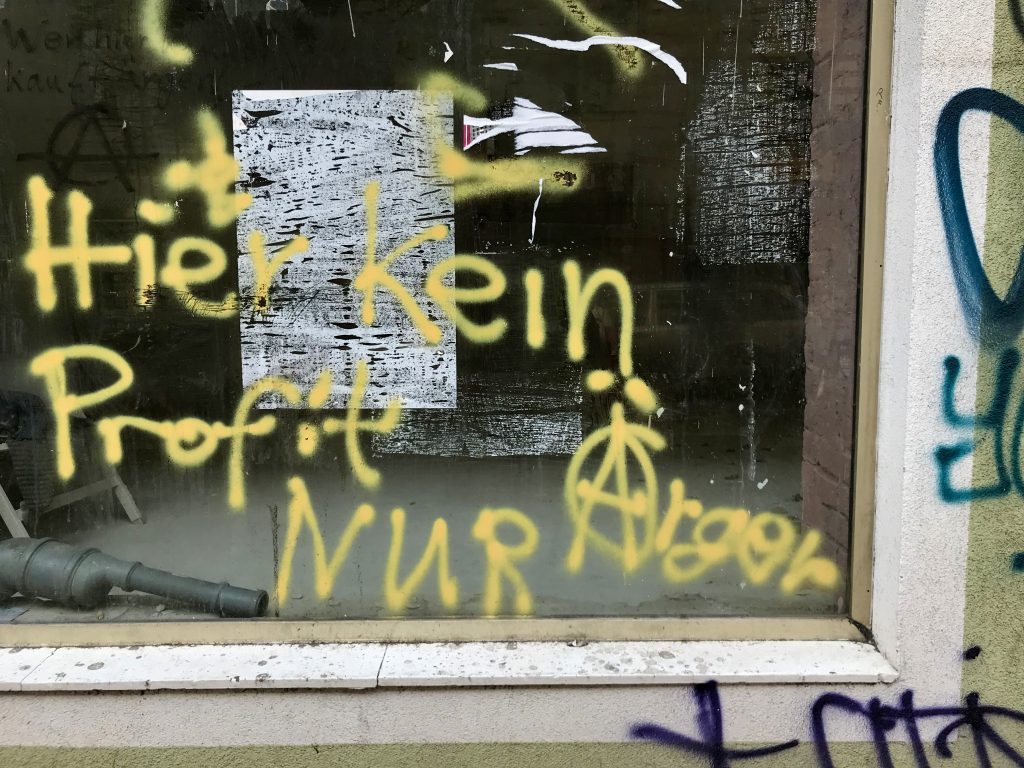
GERMANY
I assume there is no other language to define what “Heimat” really is. Unfortunately English language does not offer the appropriate word to translate. Let’s try. Heimat is a feeling to me, a desire, a longing. During my entire intercontinental life I loved to travel home, to my “Heimat”. I loved to return to my Heimat, home, from everywhere I had once lived, from Bonn, from Tehran, from New York, from Colombo and from Rio. From Berlin, from Nairobi abd now from Mexico City. Heimat means for me travelling without a big suitcase (everything is already there), means the view into the Murr valley and into green forests, means childhood memories, means the obligatory little promenade with my mother to the “Bänkle” (cosy Swabian translation for bench) above my village, means the garden BBQ with my family clan, means the potato salado (with vinegar and definitely without any mayonnaise!) of my auntie. It means my two village friends who visit me all over the world, “fighting” with my little sister over food at the kitchen table and my mother putting a Wärmflasche in my bed. Last but not least I have to talk about home cooked food: Zwiebelrostbraten, Pasta Sciutta, Kartoffelschnitz & Spâtzle, Fleischküchle, Maultaschen, Kässpätzle and Stierum & Blumenkohl. Heimat are also a paradise of memories, from which you I never be chased away. The village of Reichenberg is my Heimat, is home. I am at home in the world. Karl Marx, one of my favorite thinkers in my younger years, had his first home in Trier where he was born in 1818, not far from the Heimat of my wife in the Eifel. Obviously he had come up with the idea to safeguard workers from Ausbeutung Idee des Schutzes der Arbeiter vor Ausbeutung while obsrvung the laborers plying Steillagen above the wine village of Bremm an der Mosel under dire conditions. It goes without saying: Without the consumption of alcoholic drinks or other drugs the world would have not seen many great opera? Maybe not even the Communistja Manifest.
